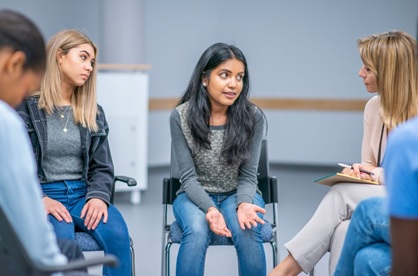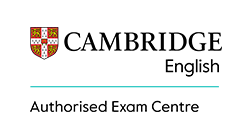Ways To Teach About Conflict Resolution
 Conflict resolution is inevitable a major component of interpersonal skills. For school students to learn about conflict resolution is an essential part of school work. Especially for adolescent development, conflict management can help to build a better perspective in terms of how they relate with peers and can also allow them to feel equipped to deal with disagreement. Conflicts between learners are normal inside and outside of the learning environment.
Conflict resolution is inevitable a major component of interpersonal skills. For school students to learn about conflict resolution is an essential part of school work. Especially for adolescent development, conflict management can help to build a better perspective in terms of how they relate with peers and can also allow them to feel equipped to deal with disagreement. Conflicts between learners are normal inside and outside of the learning environment.
However, the key is to bring effectiveness in their understanding of how they view situations. In other words, teaching them the necessary skills integrally can be taught by creating opportunities by modeling and practice.
Both school educators and school counselors' Certificate in Counselling can teach students regarding healthy conflict resolution. Additionally, assisting learners in resolving conflicts with peers is also a beneficial strategy for classroom management. I lot of ways educators can help students to be more autonomous – when children learn about resolving problems on their own it can also develop vital problem-solving skills.
3 Simple Ways To Teach Students Manage Conflict On Their Own –
Emphasis Listening Skills
A majority part of the conflict arises from miscommunication. It also depends on how we convey our feelings and need to the other person. Therefore, it is needless to say that listening skill is essential when it comes to conflict resolution. This is also the first step towards taking the opportunity to be kind to the other party.
When teachers make it a point for learners to help them develop listening skills, it means showing the way to children how to actively 'listen' and not just 'hear'. Understanding what the other person is saying has a lot to do with understanding the perception of the other individual who is involved in the conversation. For instance, remind them about how to be a good listener, ask the question if anything is unclear and not jump to conclusions.
Practicing with role play
Teaching about conflict resolution can also be practiced and modeled. For instance, role-playing can create real situations for learners to understand how conversation can move through. It can provide real-time opportunities for them to practice their response to real-life conflict. The role-play can also be backed by choice of words and how they can evaluate the pros and cons of the decision they make.
Furthermore, they can also be appreciative of their peer’s perspectives in the conversation. Role-playing is a very fruitful way to allow students to practice using their conflict resolution skills while they are calm and not overwhelmed with emotions. Plus a premeditated role play can allow the learner to have a safe space where they can work on their empathy.
Find your Teachable Moments
As we have established already that conflict is an inevitable part of our life. They are meant to occur in the school environment too. those are the moments when educators can utilize as their biggest opportunity to help children with conflict resolution. Teachable moments during conflict are all about how the teacher is helping learners to talk through, how the conflict can be resolved calmly and responsibly.
Bear in mind when there is a need for privacy ensures to bring your learners in a closed environment. Remember, your learners are going to use conflict resolution strategies for the rest of their lives. Therefore, teachable moments can be very transformative and productive when it comes to learning a life skill.
Final Words
In a nutshell, conflict resolution is a lifelong skill your students are going to embody in their life. It is essential because when they learn to manage conflict in the classroom they can then carry the same attitude later on in their personal life and extent it to their workplace. When students can appropriately manage conflict, and the feelings that come along with it, they can create a healthy perspective towards disagreement without letting it end up in verbal and physical fights.
Conflict resolution skills can prove to be helpful in the school environment in a way that can impact where a learner's academic outcome, interpersonal relationship, and improve behavioral skills that have a direct implication for classroom management. Educators can create better scenarios to teach about conflict resolution with Certificate in Counselling Courses by helping learners to effectively and peacefully manage conflict.












